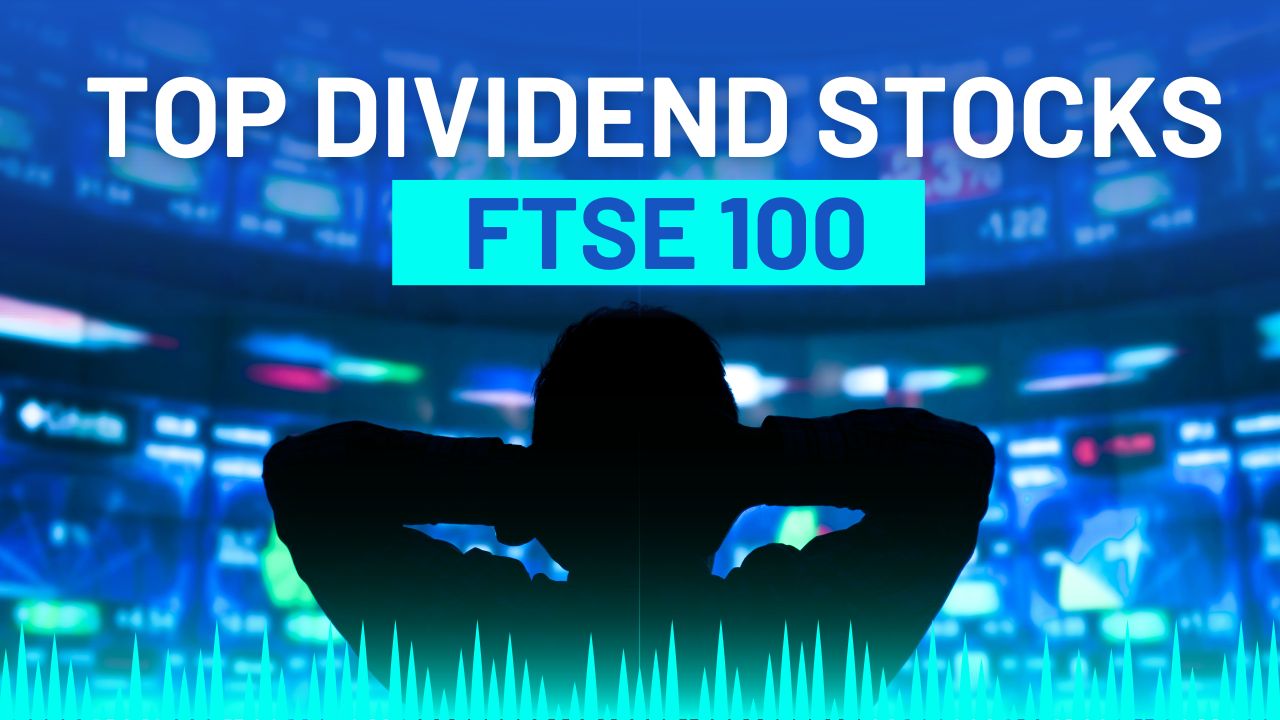
The rollercoaster ride of the U.S. stock market in 2023 left investors both relieved and wary. As we bid farewell to the year with the S&P 500 boasting a 23.5% increase, experts are already peering into the crystal ball, predicting what 2024 has in store. While the past year defied expectations, caution flags are still raised for potential challenges ahead. Let’s delve into the seven crucial risk factors that could shape the fate of the market in early 2024.
Table of Contents
What is a Stock Market Crash?
A stock market crash refers to a sudden and severe decline in the value of a significant portion of the stock market. It is characterized by a rapid and substantial drop in stock prices across various sectors, leading to a loss of investor confidence. During a crash, panic selling often ensues as investors rush to liquidate their holdings to minimize losses.
The causes of a stock market crash can vary, ranging from economic downturns and geopolitical uncertainties to unexpected events impacting global financial stability. The aftermath of a crash can have profound effects on the broader economy, affecting businesses, employment, and the overall financial well-being of investors. Understanding the dynamics of a stock market crash is essential for investors to navigate volatile periods and make informed decisions to protect their financial assets.
Why Should You Know About a Stock Market Crash?
Understanding the potential for a stock market crash in 2024 is crucial for investors navigating the financial landscape. A crash can have far-reaching consequences, impacting portfolios, retirement plans, and overall financial well-being. Being aware of the key risk factors outlined in this article allows investors to make informed decisions, adjust their investment strategies, and implement protective measures. By staying informed about the possibility of a market downturn, investors can proactively position themselves to mitigate risks and seize opportunities, ultimately safeguarding their financial future.
1. The U.S. Labor Market
The heartbeat of the economy, the labor market, poses the primary risk for the stock market in 2024. The lingering effects of inflation have already burdened consumers with higher prices. A sudden surge in unemployment could disrupt consumer spending, jeopardizing the market’s optimistic outlook. A.J. Giannone warns that lower earnings revisions may challenge a market that’s banking on high levels of optimism.
2. Stock Market Breadth
2023 witnessed the dominance of a select few large-cap tech stocks, the so-called ‘Magnificent 7’. However, the sustainability of a bull market relying on a handful of stocks is questionable. The new year brings uncertainty as we observe rallies in small-cap, mid-cap, foreign developed, and emerging-market stocks. The market breadth will be a key metric to watch in 2024 to understand stock market crash.
3. Inflation
In the battle against inflation, the numbers tell an intriguing story. Shelter costs, a significant component of the consumer price index, increased 6.5% year over year, but the real estate data from Zillow’s Observed Rent Index rose only 3.3%. As we move into 2024, the direction of inflation remains critical for the stock market’s health.
4. The Fed’s Handling of Interest Rates
The Federal Reserve’s delicate dance with interest rates could impact market volatility. If demand stays robust and the labor market tight, the Fed might adopt a hawkish stance, causing market fluctuations. The recent indication of interest rate cuts raises questions about the future path, and uncertainties linger regarding the policy trajectory in the coming years.
5. The 2024 Election
With the 2024 election season in full swing, historical patterns suggest that major election years influence financial markets. While volatility tends to rise before an election, stocks generally rally in the year following. However, the combined impact of the election and the Federal Reserve’s stance could elevate market volatility in 2024.
6. Financial Sector Volatility
The financial sector, especially banking and real estate, faces high volatility. Regional banks struggled in 2023, triggering a cascade effect that damaged their credibility. Commercial real estate is seeking a rebound, but challenges persist, with liquidity issues making it difficult for investors to exit positions.
7. Souring Consumer Sentiment
Consumer sentiment plays a crucial role in shaping the stock market’s trajectory. Despite a rise in confidence throughout 2023, signs of cooling in the economy and persistently high prices have stalled sentiment. As we enter 2024, a slowdown in consumer spending adds another layer of uncertainty.
Navigating 2024: What Should Investors Do?
Given the mixed economic signals and a positive end to 2023 on Wall Street, investors face decisions. A.J. Giannone advises maintaining long-term strategic asset allocation but suggests being opportunistic. Diversification across asset classes and regions remains crucial, with a focus on defensive sectors or bonds to mitigate risks. In a market shaped by inflation, corporate profits, and monetary policy, investors may find opportunities in U.S. equities, especially as volatility rises. For now, bonds may offer a more attractive option than equities from a total return perspective and would provide a cushion for stock market crash in 2024.
For more insights on navigating the financial landscape, check out Cash Weavers on YouTube for valuable tips and strategies. Financial freedom is within reach – let’s make 2024 a year of wealth-building and success!


